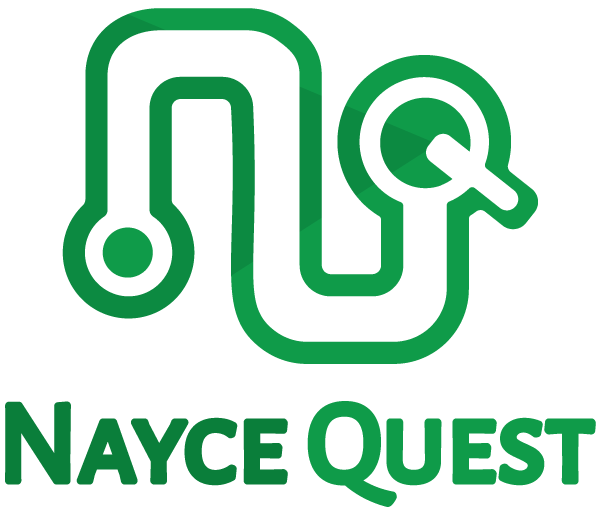Real Talk: Performative Allyship
A few months ago, I dived into the topic of commercializing diversity in post-2020 society. I’ll admit that I have a heightened sensitivity to diversity initiatives. Still, as we prepare to celebrate Black History Month, I feel that the commercializing of diversity has elevated to a whole new level. Target, Pottery Barn, and Under Armourpartnered with Black creators to amplify these artists’ designs and create opportunities for Black-inspired designs to be mainstreamed in our culture. Williams and Sonoma give the context of the rawness of food and race while also encouraging customers to support the Black organizations. The craft store, Michaels, celebrates Black Heritage Month by donating a portion of the proceeds to charities supporting racial equality. My gut response was sarcastic in nature, “if big box stores are promoting Black culture, then racism must have ended.”
You may have heard the complaints that Black History Month is the shortest month of the year, but the month was not selected for that reason. The celebration began when Carter G. Woodson dedicated a week in 1926 to highlight the February birthdays of Frederick Douglass and President Abraham Lincoln. The spirit of Black History Month is to honor and remember the contributions and impacts of Black Americans in our society. It is a month to acknowledge the resilience, innovation, and beauty of Black culture, but it is an opportunity to acknowledge the pain, inequality, and injustices Black Americans faced and continue to face. More importantly, it is an opportunity to engage in a conversation about Black history and culture with others who do not share the identity but are looking for ways to learn and grow. President Gerald Ford formally recognized Black History Month in 1976. For 46 years, we have gotten into a rhythm of celebrating the impactful giants of Dr. Martin Luther King Jr., Harriett Tubman, W.E.B. Du Bois, Rosa Parks, George Washington Carver, Marian Anderson, and others. But suppose we solely focus on the historical giants. In that case, we are setting ourselves to cultivate the mindset, “well, if they could overachieve, why can’t people today do the same?”
Forbes published how diversity, equity, and inclusion (DEI) consulting ballooned in response to the Black Lives Matter movement. While DEI consulting has been around since the Civil Rights Movement, corporate consultants got into helping corporations create DEI initiatives. NayceQuest was created in this same wave making it an easy target of criticism as commodifying DEI, but my approach will not result in the outcomes we’re going to see in the countless “Celebrate Black History Month” emails we’ll be getting in the next few days. Instead, NayceQuest journeys with organizations to identify patterns of inequality and practices that perpetuate systemic barriers to access resources within the organization and the industry to create strategic actions to change the culture. I could quickly work with a client to identify employees of color, create a committee, and put together a diversity program for the entire company. This approach is an opportunity to start a conversation, but this approach does not change the organizational behaviors such as lack of diverse senior leadership, excluding African fashion as professional attire, or the inability to process microaggressive statements. Creating hypervisibility to signal representation as a post-racial era is a key example of performative allyship. On the surface, it may make us feel good, but we are avoiding the real and raw actions needed to make systemic inclusion and equality.
I strongly encourage you to buy that notebook from Target, the DIY paint craft from Michaels, and the recipe book from Williams and Sonoma because these organizations uplift and amplify Black artists. And I also encourage you to push these companies to commit to Black and people of color commitments all year round. Furthermore, I encourage you to push these companies to commit to the responsibility of shifting their organizations to be more DEI internally and externally. By not holding corporations accountable for their role in amplifying Black culture beyond February, then we are complicit in rewarding companies with our money while not changing the culture.

